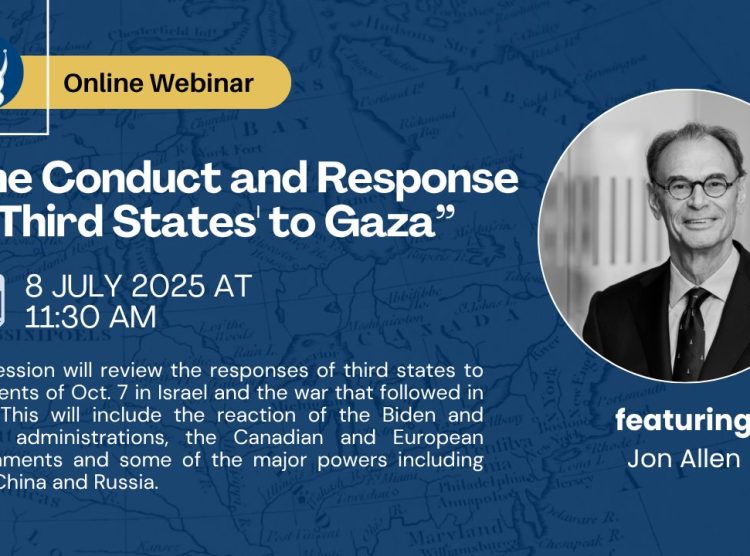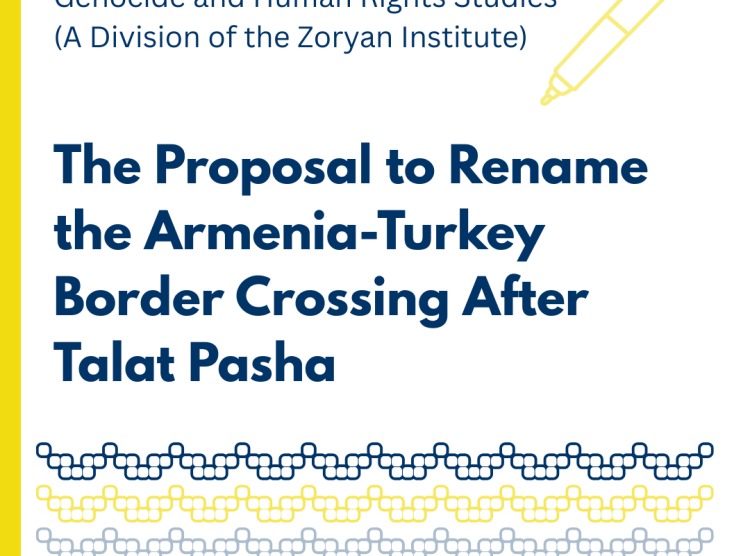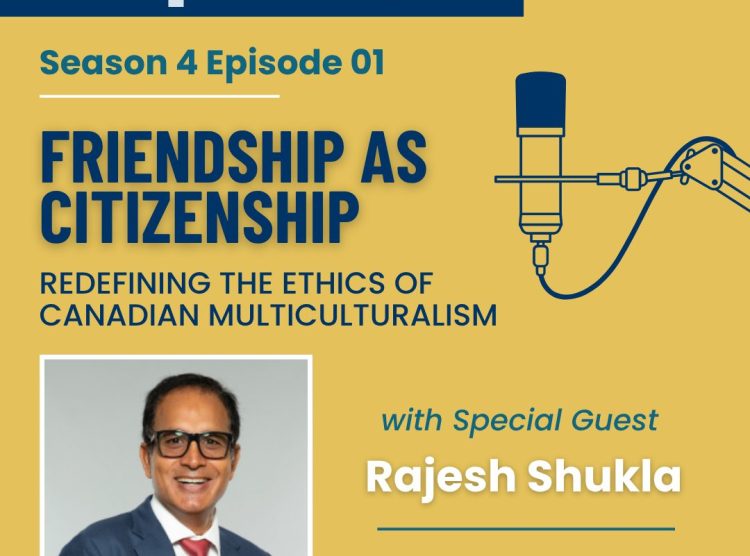Since 2002, The International Institute for Genocide and Human Rights Studies (IIGHRS) (A Division of the Zoryan Institute), has delivered an annual, two-week, graduate-level Genocide and Human Rights University Program (GHRUP) organized in partnership with the University of Toronto. The lasting influence of this course is most evident in our graduates. Their positive feedback and post-course endeavours display the incredible impact that the GHRUP has on their careers, minds and lives. In honor of our graduates, The Zoryan Institute is excited to present a new blog series titled Spotlight on GHRUP Alumni, to highlight the accomplishments of our former students.
Captain Cheng Xu attended the GHRUP in 2017. A first-year PhD student at the University of Toronto in the Department of Political Science, he was recommended to the program by one of his professors. Having served in the Canadian Armed Forces for over nine years, his research interest revolved around state violence and counterinsurgency, making the GHRUP of great interest to him.
Having fled to Canada after his mother was persecuted by the Chinese government, and with a long family history of state persecution, Captain Xu yearned to understand himself and his heritage despite his family’s dispossession. The GHRUP put world events into perspective, giving him the tools to analyze and understand why history unfolded in the way that it did. The GHRUP “provided me a road-map that showed where I came from, and maybe where I will go.” His personal experience in the forces trained him in military structures and practices, informing his awareness of how and when militaries perpetuate or stop genocide. “Military is always an instrument of genocide,” Cheng states, “but that said, genocides have only ever been stopped by military intervention.”
A year after attending the GHRUP, Cheng collaborated with the IIGHRS to publish his first article in its official journal, Genocide Studies International. Titled “Draining the Sea: Counterinsurgency as an Instrument of Genocide,” Cheng’s article explores the relationship between genocide and counterinsurgency, demonstrating how this relationship is “not constructed as a causal one, but recursive.” Having focused on the Guatemalan and Rwandan genocides as his case studies, this article set the stage for Cheng’s doctoral research.
Now, Cheng continues to research counterinsurgency as a form of state violence but has shifted his case study focus to the Philippines. He is interested in showing how a state may deploy counterinsurgency to appropriate land and dispossess indigenous populations. “The Philippines is an ethnically diverse country, and within it there is absolute discrimination against indigenous communities,” he explains. Over 20,000 lives have been lost to this discrimination. Cheng’s research therefore serves to bring attention to this developing, and devastating issue.
A year after graduating from the GHRUP, Xu describes how his experience in the program positively influenced his development as a genocide and human rights scholar. Having come from a political science background which uses quantitative research approaches, Cheng tells of how the qualitative method of the course content informed his current research methodologies. The GHRUP inspired Cheng in more ways than one.
“The cultural, academic and professional diversity of the program demonstrated commonality in the class’s vision for human rights, reconciliation, and genocide education,” he explains, and this motivated him to focus on optimism. The comradery amongst the students and professors reminded Cheng of the value of dedicating his efforts to genocide and human rights research. “We are all in this together,” he says, “and that reminds me that there is always hope for the better.”
If you are interested in contributing to the Institute’s GHRUP Scholarship Program or if you would like to know more about the course, please visit www.genocidestudies.org or contact admin@genocidestudies.org.





